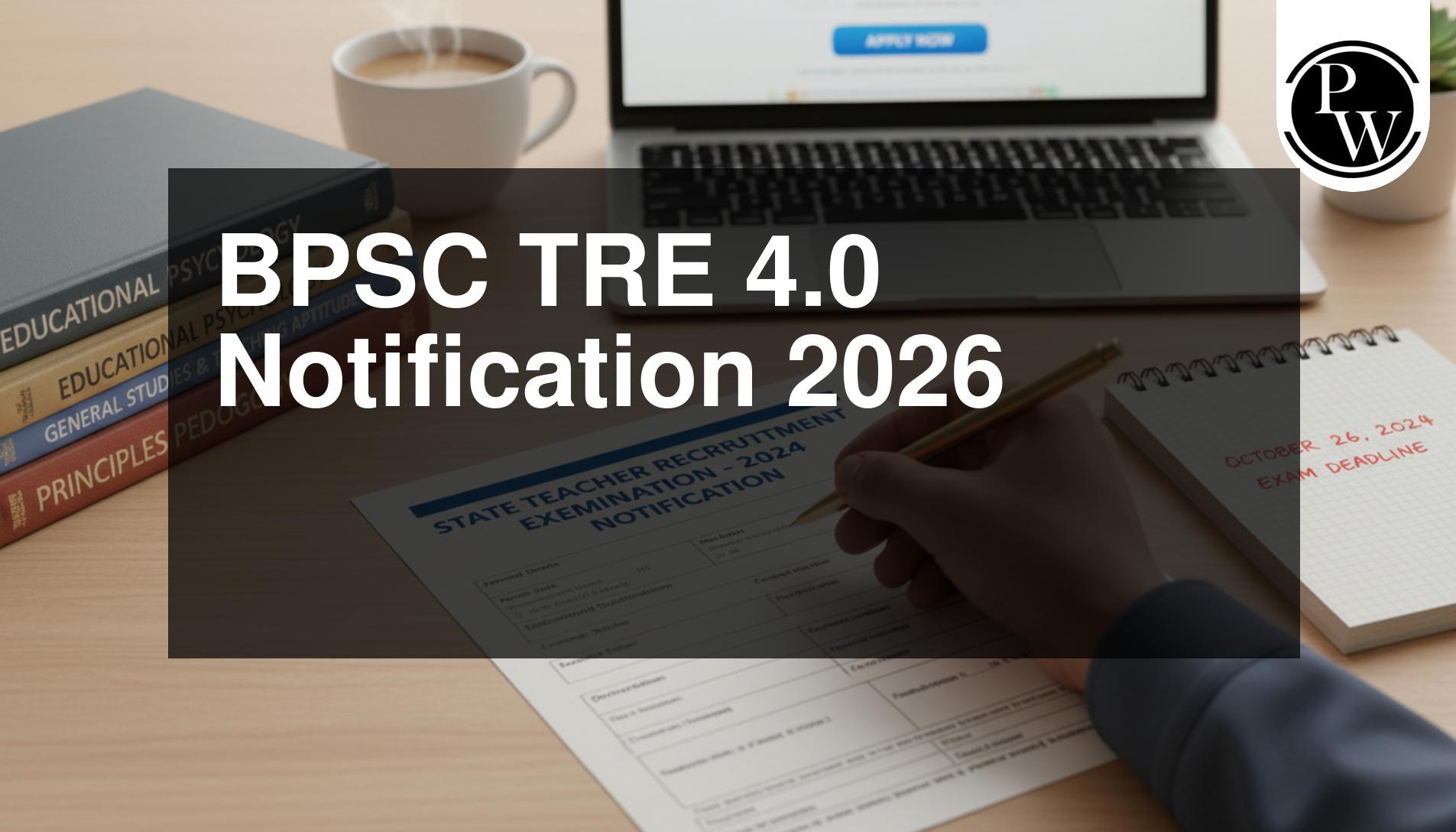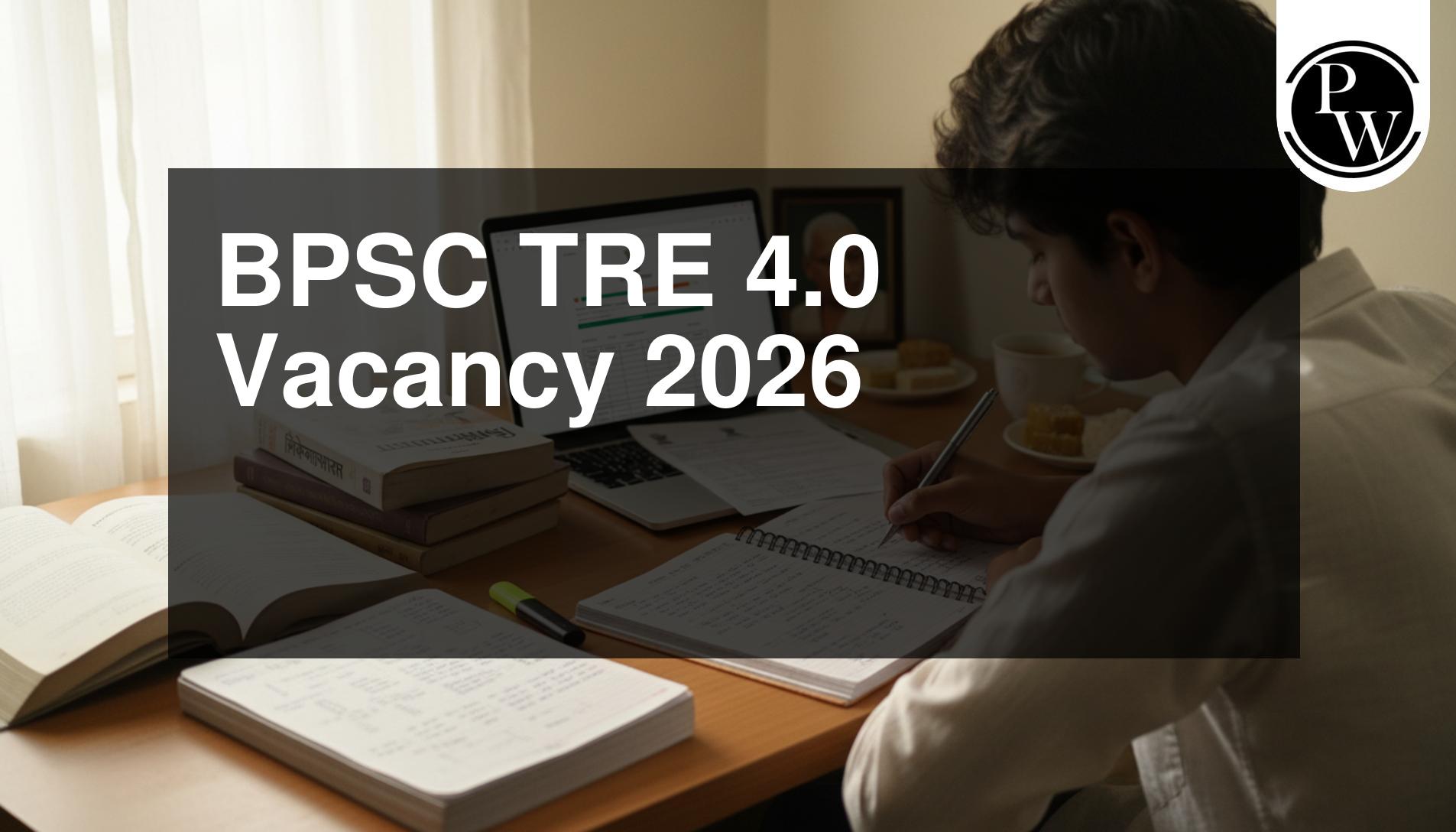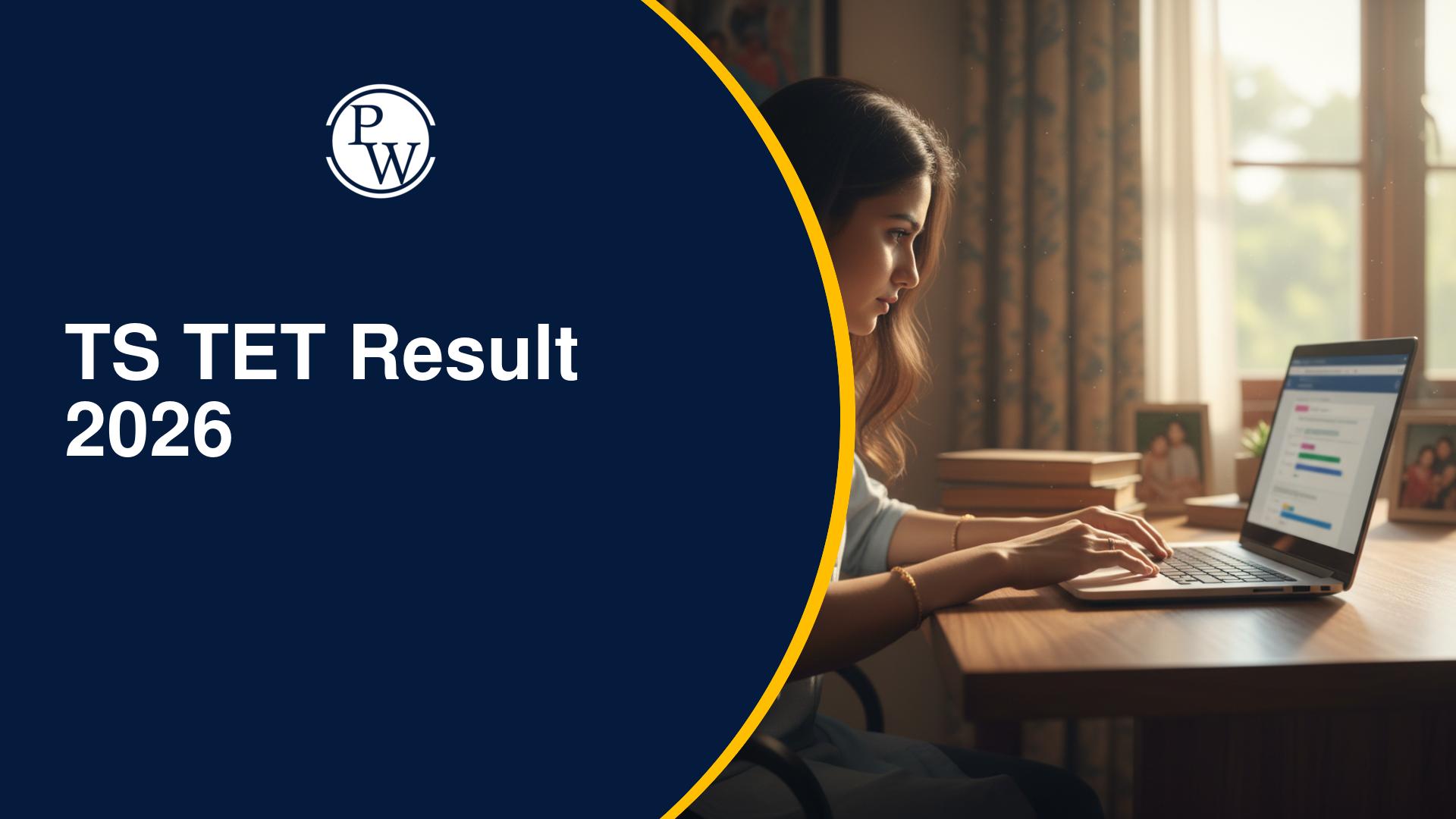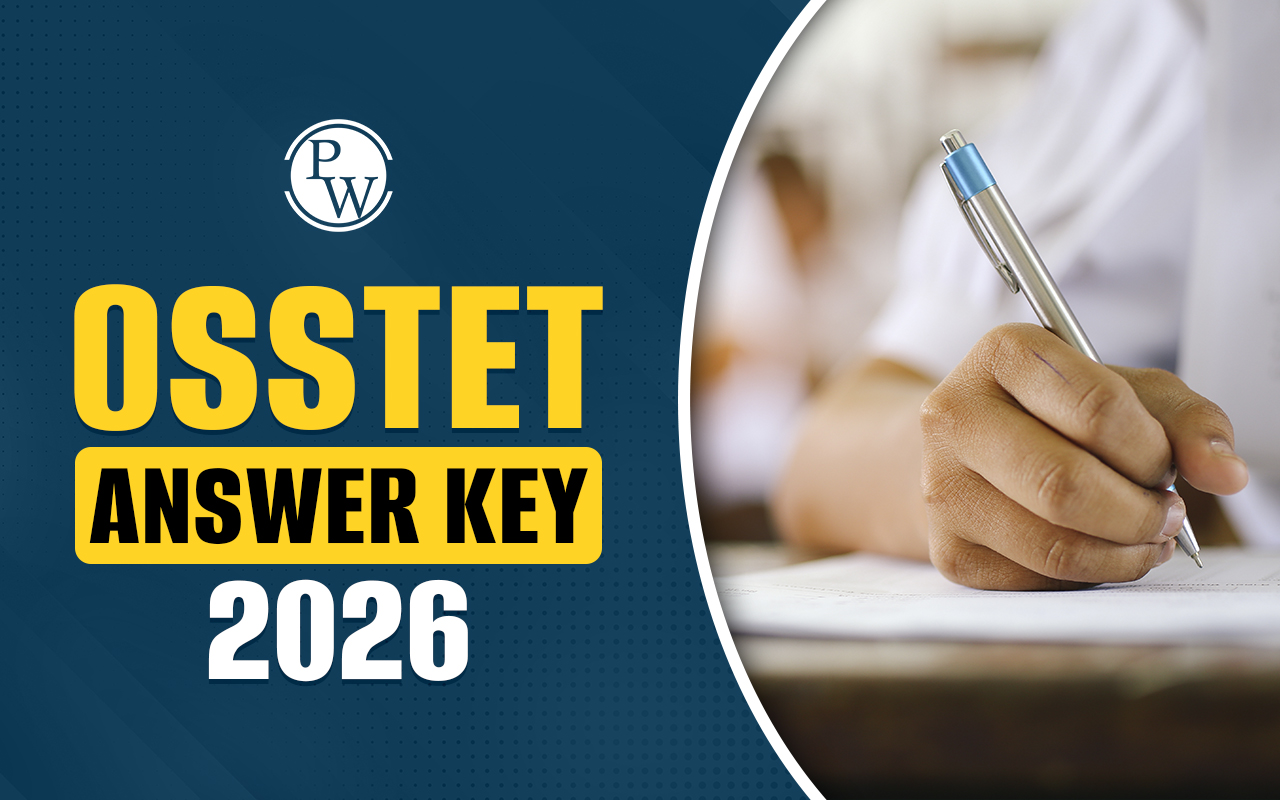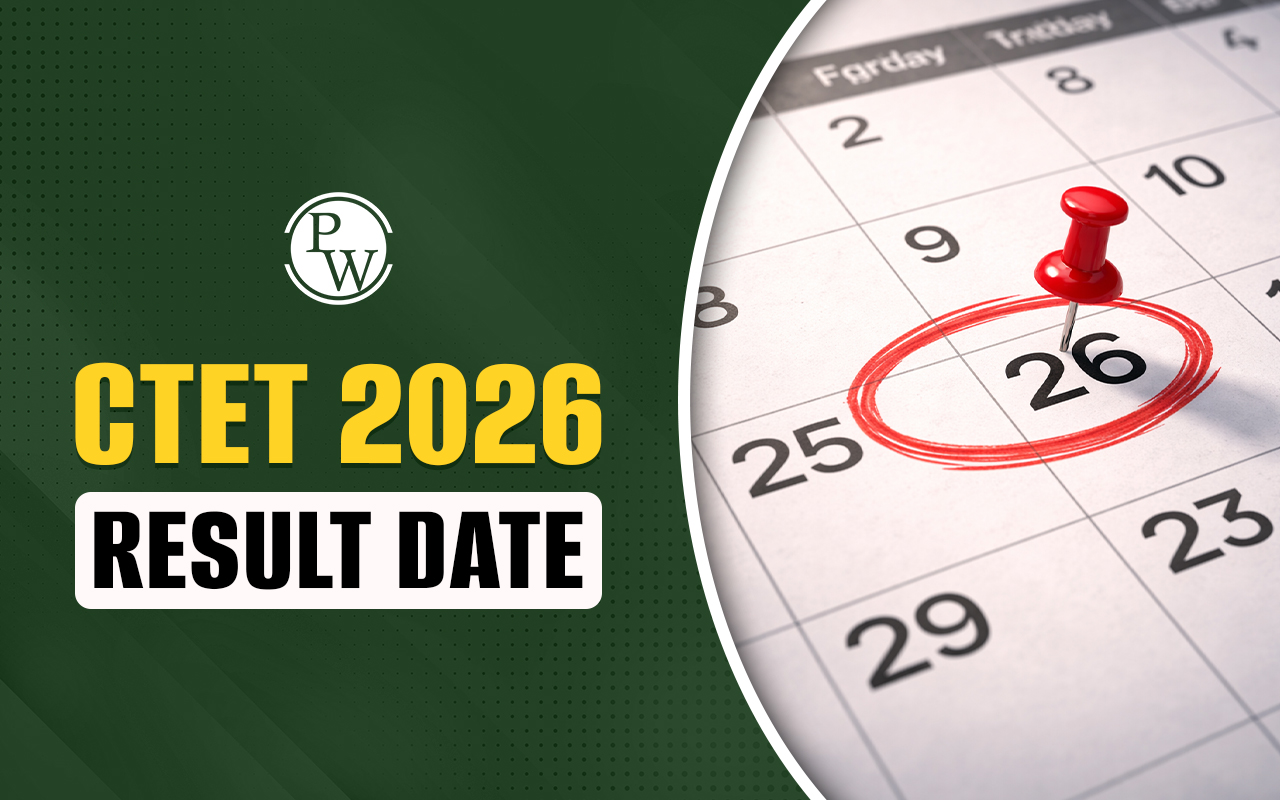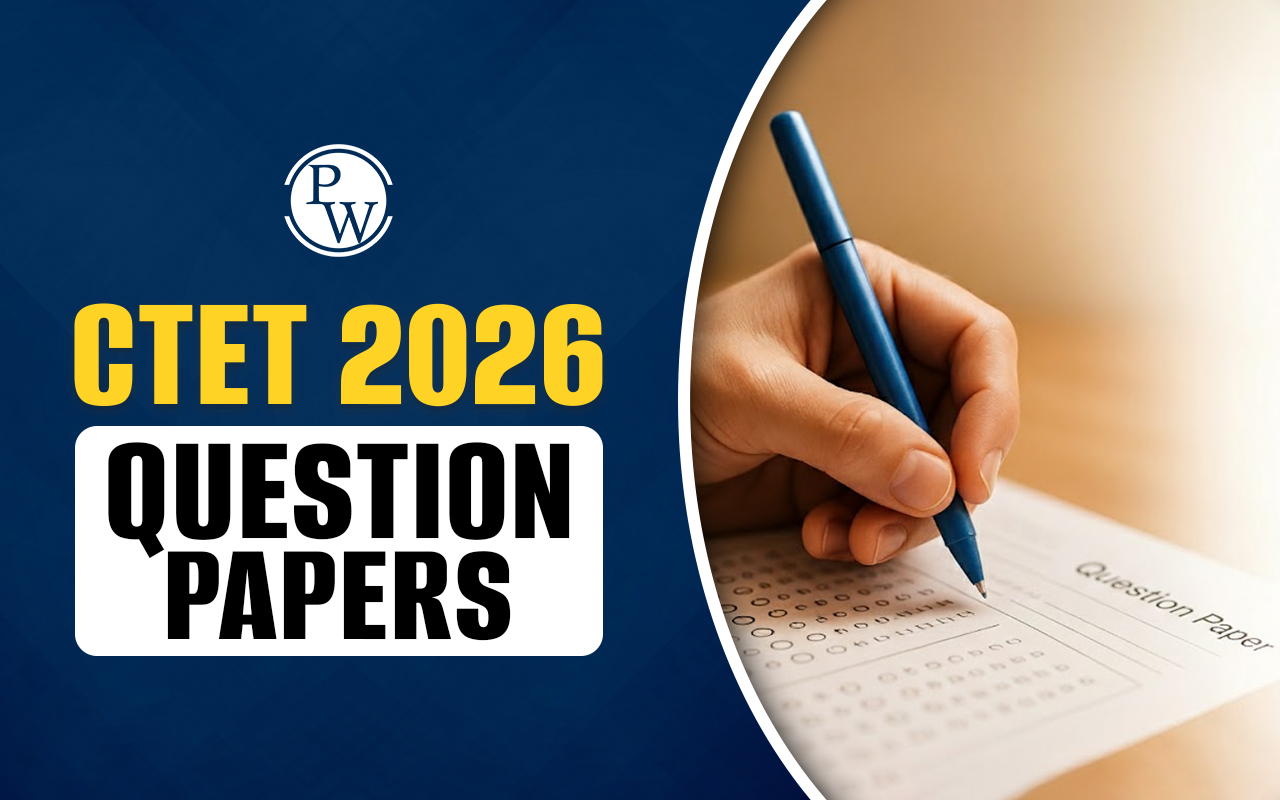
Is it Worth doing B.Ed After D.El.Ed: Candidates who embark on the journey to become a teacher find it to be both rewarding and meaningful. After completing a D.El.Ed (Diploma in Elementary Education), many students wonder, if Is it worth doing a B.Ed after D.El.Ed? Both qualifications have their benefits, but understanding their value can guide your career and growth in education. In this article, you'll get to know why pursuing a B.Ed after D.El.Ed could be the right choice for your teaching journey.
Is it Worth doing B.Ed After D.El.Ed
Candidates who have completed a D.El.Ed (Diploma in Elementary Education) often wonder if pursuing a B.Ed (Bachelor of Education) is a wise choice. It’s important to know that while both qualifications are valuable, a B.Ed can significantly enhance your teaching skills and career opportunities. A B.Ed program provides in-depth knowledge about teaching methods, classroom management, and student psychology, which can help you become a more effective educator. Moreover, many schools prefer hiring teachers with a B.Ed, leading to better job prospects and potentially higher salaries. So, if you are serious about making a positive impact in education, continuing your studies with a B.Ed can be a great step forward.Benefits of Pursuing B.Ed After D.El.Ed
When you’ve completed D.El.Ed Exams, you’ve already gained substantial knowledge and skills to teach at the elementary level. But what if you want to expand your horizons?- Enhanced Career Scope: A B.Ed after D.El.Ed not only qualifies you to teach in higher grades (like middle and high school) but also increases your chances of promotions, better salary packages, and leadership roles in educational institutions.
- Better Understanding of Pedagogy: The B.Ed course takes you deeper into educational psychology, teaching methods, and child development. This broader understanding equips you to handle diverse student needs, making you a more adaptable teacher.
- Specialization Opportunities: While D.El.Ed focuses more on foundational teaching techniques, a B.Ed after D.El.Ed allows you to specialize in specific subjects, which can make you more competitive in the job market.
Career Opportunities with a B.Ed Degree
One of the primary concerns of teaching students is the career impact of pursuing a B.Ed after D.El.Ed. The truth is, that having a B.Ed degree opens several doors.- Middle and Secondary School Teaching: While a D.El.Ed primarily qualifies you for elementary-level teaching, a B.Ed degree makes you eligible for teaching higher classes, offering more diverse roles.
- Administrative and Leadership Roles: Schools look for teachers with both experience and academic qualifications for administrative roles like vice-principal, academic coordinator, or curriculum developer. Your B.Ed degree gives you an edge.
- TET, CTET, and B.Ed Exams: Many state and central teaching exams, such as B.Ed Exams and TET (Teacher Eligibility Test), require a B.Ed degree as a qualification. A B.Ed after D.El.Ed helps you crack these competitive exams with confidence.
Comparison of D.El.Ed and B.Ed: Key Differences
For those wondering how D.El.Ed and B.Ed differ, understanding the distinctions will help you make a better choice for your teaching career.- Course Duration: D.El.Ed is typically a two-year program focusing on elementary teaching. B.Ed after D.El.Ed is a two-year upgrade that expands your qualifications to teach at higher levels.
- Focus Area: D.El.Ed emphasizes early childhood education, while a B.Ed dives into advanced teaching methods, curriculum design, and educational research.
- Job Eligibility: With a D.El.Ed, your scope is usually limited to primary education, whereas a B.Ed degree opens opportunities for teaching secondary and higher secondary students.
- Eligibility for Exams: To appear for B.Ed Exams, like the CTET or state-level TET, a B.Ed degree is mandatory, making it a valuable addition to your D.El.Ed qualifications.
Personal Growth and Skills Development in B.Ed
Pursuing a B.Ed after D.El.Ed isn’t just about academic qualifications; it’s about personal growth and skill enhancement.- Critical Thinking and Problem-Solving: A B.Ed course fosters critical thinking, preparing you to navigate challenges in the classroom and school environment with innovative solutions.
- Improved Communication: The program helps refine your teaching skills, allowing you to communicate complex concepts effectively to students at different learning levels.
- Leadership and Teamwork: Besides classroom teaching, a B.Ed degree nurtures leadership skills, preparing you for potential roles in school administration or academic leadership.
Is B.Ed Necessary for Teaching in Schools?
Many teaching aspirants ask, “Is a B.Ed necessary if I already have a D.El.Ed?” While a D.El.Ed is sufficient for teaching in elementary schools, the answer depends on your career goals.- Higher Teaching Levels: If you aim to teach middle or high school students, most schools require a B.Ed after D.El.Ed to qualify for these positions.
- Government School Jobs: For government school jobs, a B.Ed degree is often mandatory, and you’ll need it to pass B.Ed Exams like CTET or state TETs.
- Long-Term Career Growth: While D.El.Ed serves as a strong foundation, a B.Ed offers more opportunities for career advancement, especially in schools where higher qualifications are preferred.
Is it Worth doing B.Ed After D.El.Ed FAQs
Is it worth doing a B.Ed after D.El.Ed?
Yes, pursuing a B.Ed after D.El.Ed is worth it. It enhances your teaching skills, opens more job opportunities, and helps you qualify for higher teaching positions.
What are the benefits of getting a B.Ed?
A B.Ed offers many benefits, including better career prospects, advanced teaching methods, specialization options, and eligibility for teaching higher grades.
Can I teach middle or high school with a D.El.Ed?
No, a D.El.Ed qualifies you only for elementary teaching. To teach middle or high school, you need a B.Ed degree.
Do I need a B.Ed for government teaching jobs?
Yes, most government teaching positions require a B.Ed. It is often a must to qualify for exams like CTET or state TET.
How does B.Ed help in personal growth?
A B.Ed program improves critical thinking, communication, and leadership skills, making you a more effective and confident teacher.
🔥 Trending Blogs
Talk to a counsellorHave doubts? Our support team will be happy to assist you!

Check out these Related Articles
Free Learning Resources
PW Books
Notes (Class 10-12)
PW Study Materials
Notes (Class 6-9)
Ncert Solutions
Govt Exams
Class 6th to 12th Online Courses
Govt Job Exams Courses
UPSC Coaching
Defence Exam Coaching
Gate Exam Coaching
Other Exams
Know about Physics Wallah
Physics Wallah is an Indian edtech platform that provides accessible & comprehensive learning experiences to students from Class 6th to postgraduate level. We also provide extensive NCERT solutions, sample paper, NEET, JEE Mains, BITSAT previous year papers & more such resources to students. Physics Wallah also caters to over 3.5 million registered students and over 78 lakh+ Youtube subscribers with 4.8 rating on its app.
We Stand Out because
We provide students with intensive courses with India’s qualified & experienced faculties & mentors. PW strives to make the learning experience comprehensive and accessible for students of all sections of society. We believe in empowering every single student who couldn't dream of a good career in engineering and medical field earlier.
Our Key Focus Areas
Physics Wallah's main focus is to make the learning experience as economical as possible for all students. With our affordable courses like Lakshya, Udaan and Arjuna and many others, we have been able to provide a platform for lakhs of aspirants. From providing Chemistry, Maths, Physics formula to giving e-books of eminent authors like RD Sharma, RS Aggarwal and Lakhmir Singh, PW focuses on every single student's need for preparation.
What Makes Us Different
Physics Wallah strives to develop a comprehensive pedagogical structure for students, where they get a state-of-the-art learning experience with study material and resources. Apart from catering students preparing for JEE Mains and NEET, PW also provides study material for each state board like Uttar Pradesh, Bihar, and others
Copyright © 2026 Physicswallah Limited All rights reserved.
